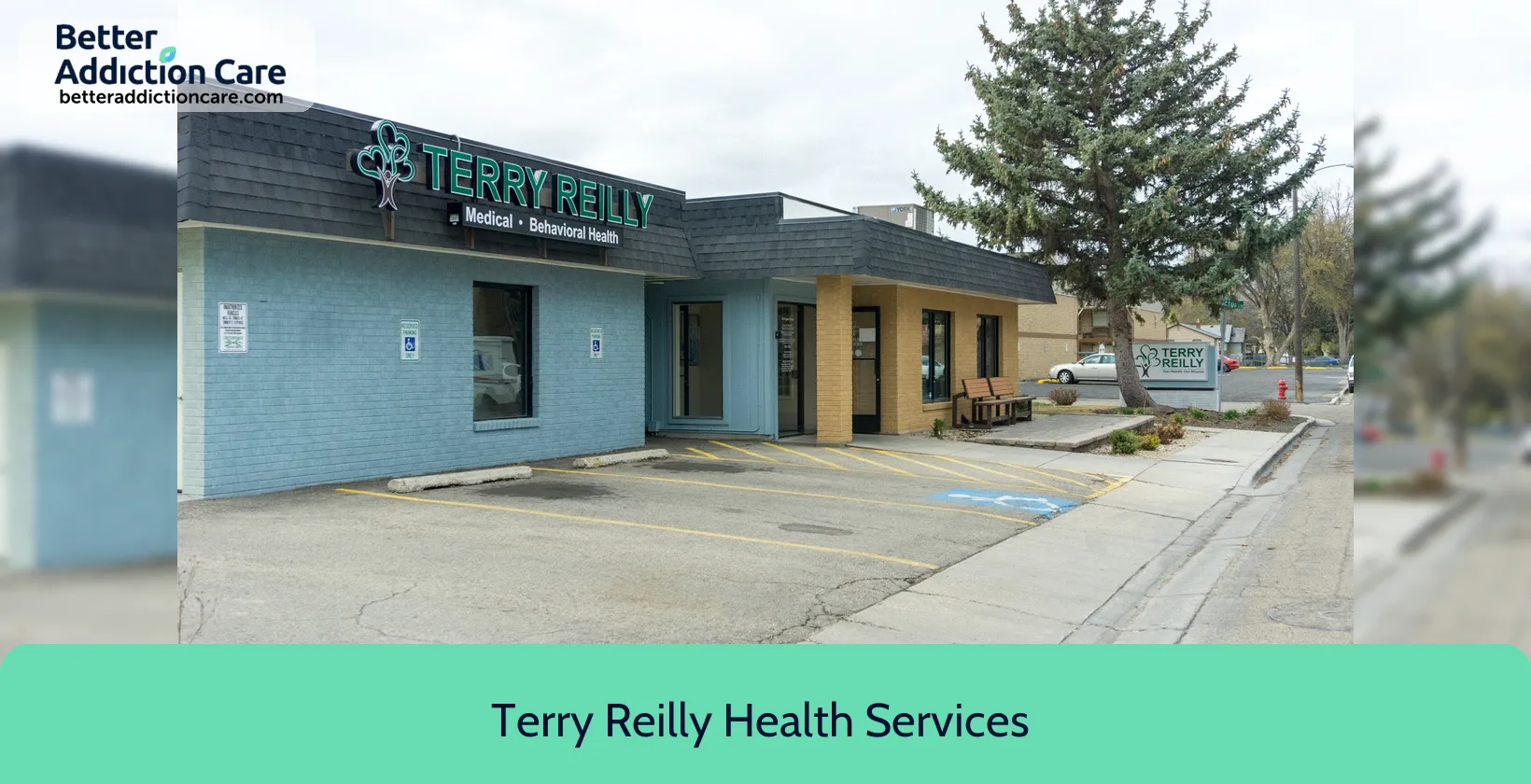Terry Reilly Health Services - Community Health Clinic - Caldwell
Overview
Terry Reilly Health Services - Community Health Clinic - Caldwell is a mental health treatment center for people seeking treatment near Canyon County. As part of their treatment modalities for recovery, Terry Reilly Health Services - Community Health Clinic - Caldwell provides family counseling, individual psychotherapy, and cognitive behavioral therapy during treatment. Terry Reilly Health Services - Community Health Clinic - Caldwell is located in Caldwell, Idaho, accepting county or local government funds for treatment.
Terry Reilly Health Services - Community Health Clinic - Caldwell at a Glance
Payment Options
- County or local government funds
- Community Mental Health Block Grants
- Community Service Block Grants
- Medicaid
- Other State funds
Assessments
- Comprehensive mental health assessment
Age Groups
- Adults
- Children/adolescents
- Young adults
Operation
- Private for-profit organization
Highlights About Terry Reilly Health Services - Community Health Clinic - Caldwell
6.77/10
With an overall rating of 6.77/10, this facility has following balanced range of services. Alcohol Rehabilitation: 8.00/10, Drug Rehab and Detox: 6.00/10, Insurance and Payments: 6.00/10, Treatment Options: 7.09/10.-
Alcohol Rehabilitation 8.00
-
Treatment Options 7.09
-
Drug Rehab and Detox 6.00
-
Insurance and Payments 6.00
Treatment At Terry Reilly Health Services - Community Health Clinic - Caldwell
Treatment Conditions
- Mental health treatment
Care Levels
- Outpatient
Treatment Modalities
- Family counseling
- Individual psychotherapy
- Cognitive Behavioral Therapy
- Dialectical Behavior Therapy
- Eating Disorder Treatment
Ancillary Services
Languages
- Sign language services for the deaf and hard of hearing
- Spanish
Special Programs
- Children/adolescents with serious emotional disturbance (SED)
- Active duty military
- Persons with eating disorders
- Clients who have experienced trauma
- Persons 18 and older with serious mental illness (SMI)
Contact Information
Read our Most Recent Article About Drug Addiction
DISCLAIMER: The facility name, logo and brand are the property and registered trademarks of Terry Reilly Health Services - Community Health Clinic - Caldwell, and are being used for identification and informational purposes only. Use of these names, logos and brands shall not imply endorsement. BetterAddictionCare.com is not affiliated with or sponsored by Terry Reilly Health Services - Community Health Clinic - Caldwell.









